 Fakie by Tony Varrato
Fakie by Tony VarratoAt first glance, Alex Miller seems like a typical kid – typical hair, typical clothes, typical hobbies. But Alex's life is anything but typical – and fitting in has become a matter of life and death. The unfortunate witness to a crime, Alex can't forget the things he has seen, and neither can the man he helped put in jail. The Witness Relocation Program has changed the identities of Alex and his mother repeatedly, but they still need to keep running to stay one step ahead of his enemies. His latest identity as a skateboarder in Virginia Beach is no easy ride – nosegrabs, ollies, and kickflips are all new to him. Alex has to catch on quickly to blend in – but the biggest trick he'll have to master is staying alive.
Nominated for the 2009 YALSA Quick Picks list, this short novel for reluctant readers has action, intrigue, and relatable teen characters. Author Tony Varrato is a high school English teacher who lives in Georgetown, Delaware. He is also the author of Outrage (High Interest Publishing), and connects with his readers through his website, tonyvarrato.com.
You can read a review of Fakie by Teens Read Too here.
Why did you choose to write a book for teenage boys, who typically don't do a lot of reading for pleasure?
I teach those teenage boys who don’t read for fun. In fact, they will rarely read at gunpoint. When I take them to the library to look for a book, their main requirement is that they want something short. They’ll grab The Stranger or Dr. Jekyll and Mr. Hyde. I know right away that they’ll never read it. The only way to get them to page two is to grab their interest on line one. My goal is to write brief, fast-paced stories that will hold their attention. They probably won’t turn into book worms, but they will learn more if they have some good experiences with books.
Though most of your potential readers will never face situations like Alex’s, it is clear that issues of identity and self-representation are central to being a teenager. In what ways do you feel your readers will relate to this story and see it as relevant to the challenges they confront?
I think most boys would like to walk out of their own identity and be someone else for a while. Unfortunately, there aren’t many opportunities to do that. The way others see a person will affect how they treat that person. In some aspect, all teens are image conscious. Even the kids who purposely defy popularity have given themselves an identity to maintain. As a consequence, they often feel comfortable acting only within that identity. I talk to a lot of people, and I’ve found very few who, on some level, don’t feel like a fake at some point. Understanding who you are involves understanding who you aren’t. In the story, Alex has had more practice than most people at finding out who he isn’t, but he must learn that lesson just as the reader must.
When I was teaching middle school, I taught a group of kids who met after school most days and jumped over cans and backpacks in the parking lot. These kids weren’t doing well in school because they didn’t care. But outside of school, our parking lot was a good place to jump off the sidewalk, and science books can make great ramps. I asked my friend Dave, the teacher who ran the student news broadcast, to video these guys and show them on the morning announcements. After the broadcast, those kids felt like stars. Their attitude was better, so they did better in school. So I thought about all the “No Skateboarding” signs posted everywhere. These kids weren’t delinquents; they just wanted to play their sport like football, basketball or any other team sport is allowed to do. In books and movies, those team sports members always had a chance to be stars and heroes. It was time for a skateboarding hero. I couldn’t be a super-powered hero story, or a book about a big skate competition. It needed to be a page-turner about a skateboarder with his life on the line. And most importantly, it couldn’t be too long, because these kids would rather be outside than reading a book.
I was the class clown in high school. That’s not a metaphor; look me up in my senior yearbook, and there I am, hanging upside down from the auditorium balcony with “Class Clown” under the picture. As a result, few people took me seriously. I remember when Mr. Mahler called my name on the first day of class. “Varrato! Stand up so I can get a look at you. I want to see who everybody’s been talking about.” Once you have a reputation of any sort, it’s hard for people to see you any other way.
When I made the move to college, I took the opportunity to be the person I wanted to be. I figured there were 15,000 people on campus who didn’t know me. I was no longer a prisoner of my reputation. The personality I presented at college was the only one those people would know. I scaled back the clowning a little and had serious talks sometimes. Sometimes. I can’t be too serious for too long. It’s not me. If I hold back my smart comments too long, I could do internal damage. I think it’s important to be yourself. It’s just that finding yourself sometimes takes a little time and experience and a little less trying to be like everyone else.
Where does your knowledge of skateboarding come from? Are you, like Alex’s teacher, Mr. Jackson, suspected of being a secret skate punk, “shredding on the handrails and the front stairs” when no one’s around?
I still have my skinny skateboard from the seventies. It was good for riding in a straight line and going around cones. It’s impossible to Ollie on that thing. There’s no traction. No one had a half-pipe when I was growing up, except one kid, and we weren’t friends. So I just did some street riding.
When I needed details for my story, I asked my students and looked on the internet.
I spend my time in the classroom getting to know the students. I don’t lecture, I discuss. I talk to the kids. Many come by before or after school just to talk. I learn about their lives. Understanding them helps me both in the classroom and in writing stories. I listen, I watch how they talk and interact. I want my characters to be real. So what better way than to base them on the over 2,000 students I’ve taught? It also doesn’t hurt to remember that I was a teen at one time. It’s hard not to feel like one again when you’re surrounded by them everyday.
Did you read novels outside of the classroom as a teen? If so, who were your favorite authors? And if not, what made you a reluctant reader?
I’ve always been a reader. I started in elementary school reading the Hardy Boys. I know what you’re thinking: “That’s pretty cliché.” But there were no action, boy stories in the seventies. So in like sixth grade I moved on to Alistair MacLean and Robert Ludlum. They had spies, assassins, and cool gadgets like pen guns. I was hooked. And thinking back, The Bourne Identity has always been my favorite book. Maybe that identity theme stuck in my brain and came out in Fakie.
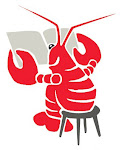.jpg)
.jpg)
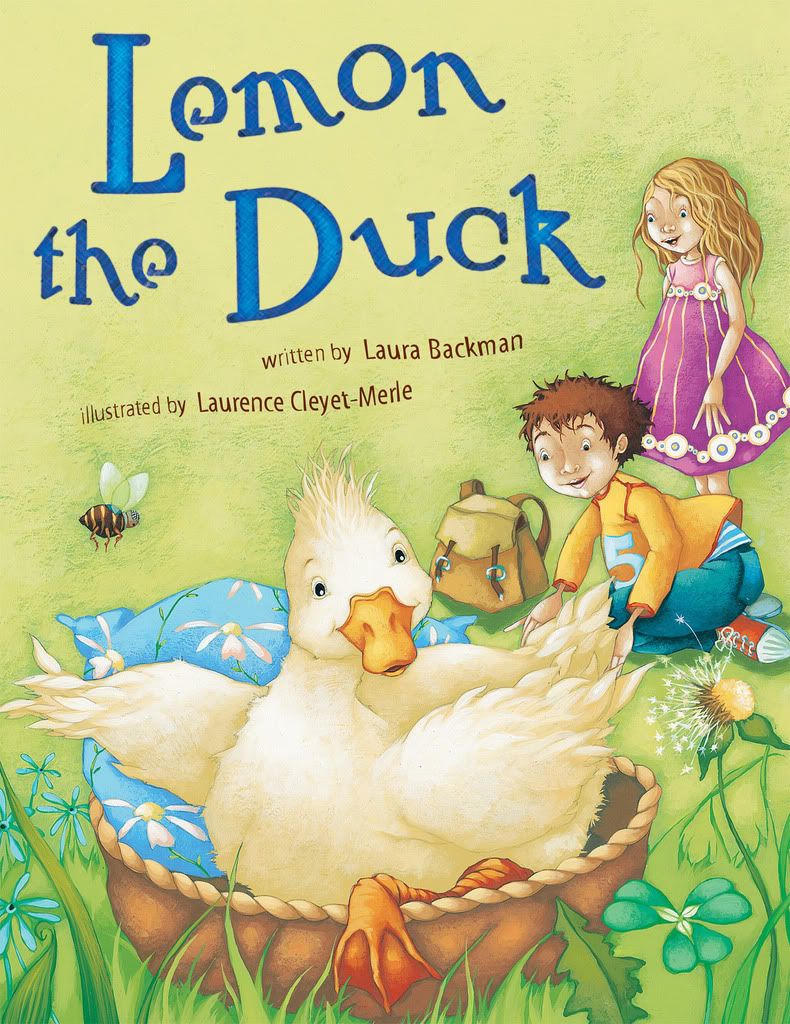
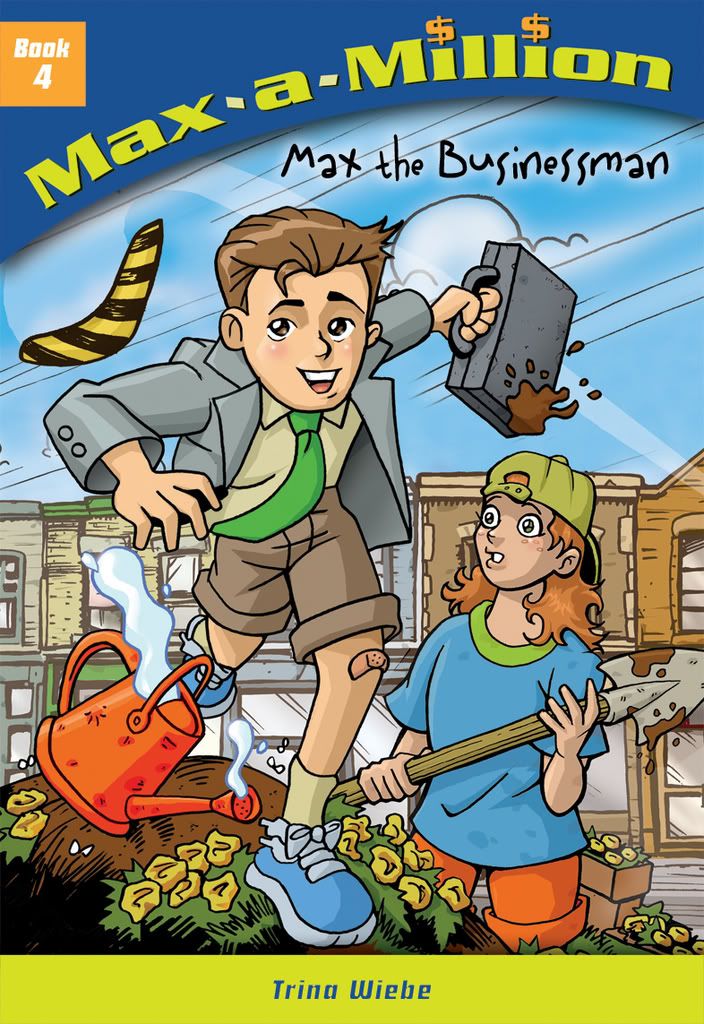
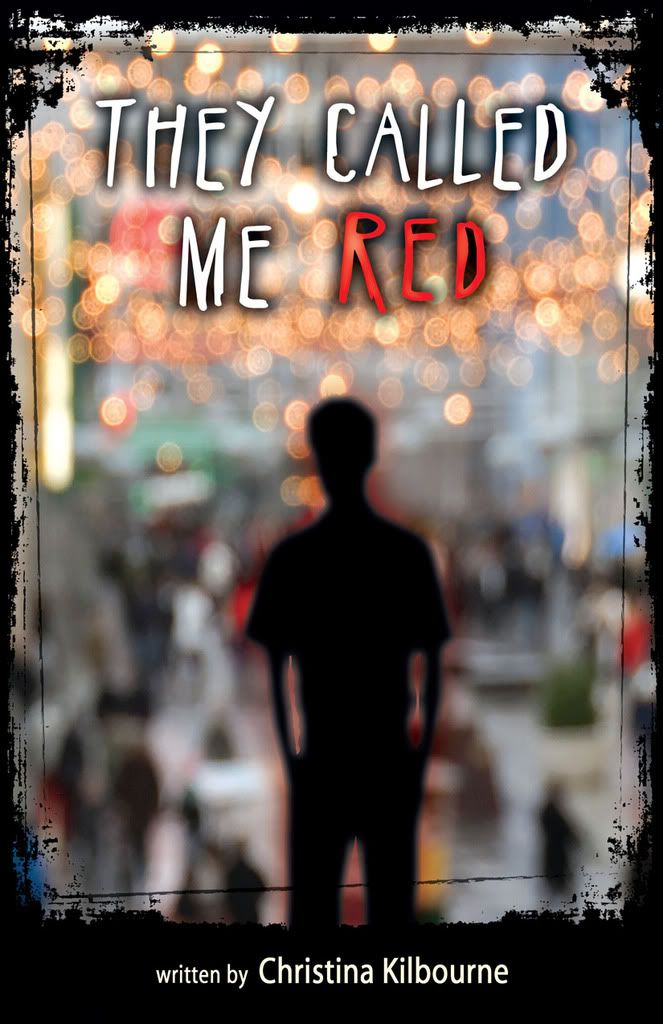
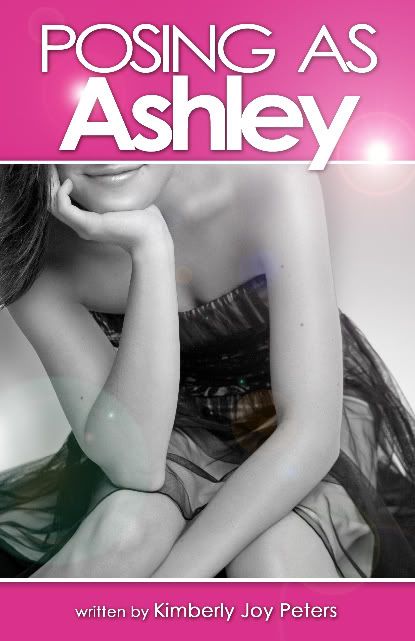
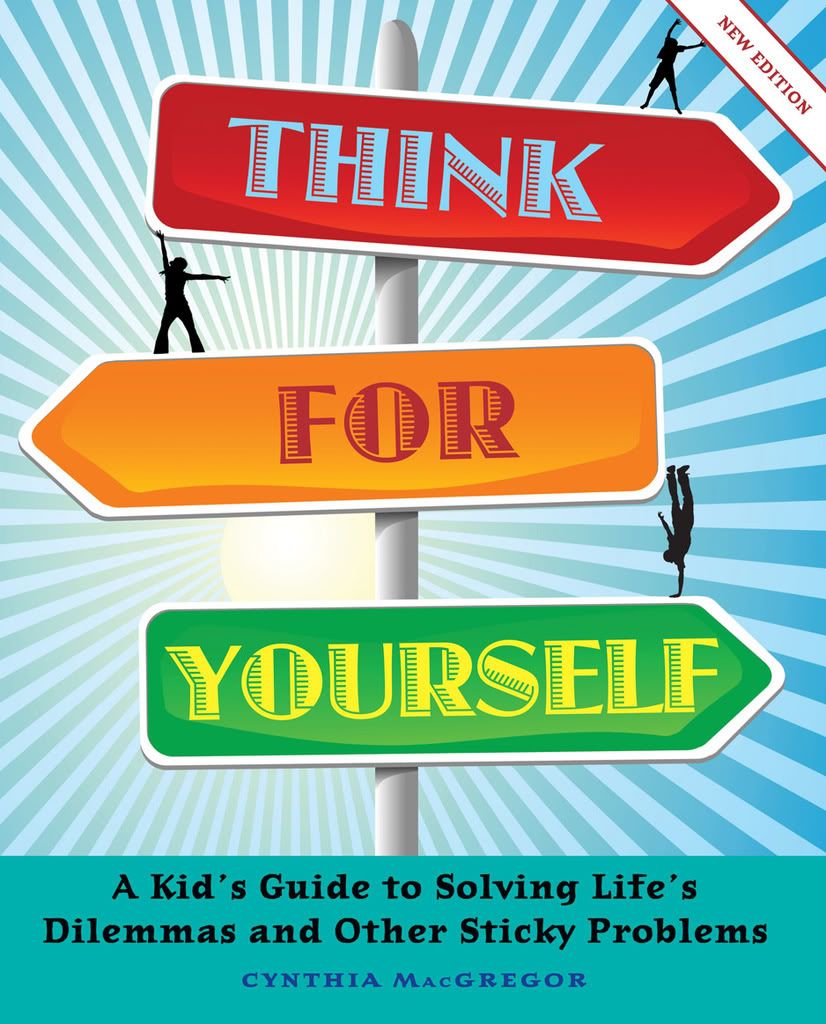
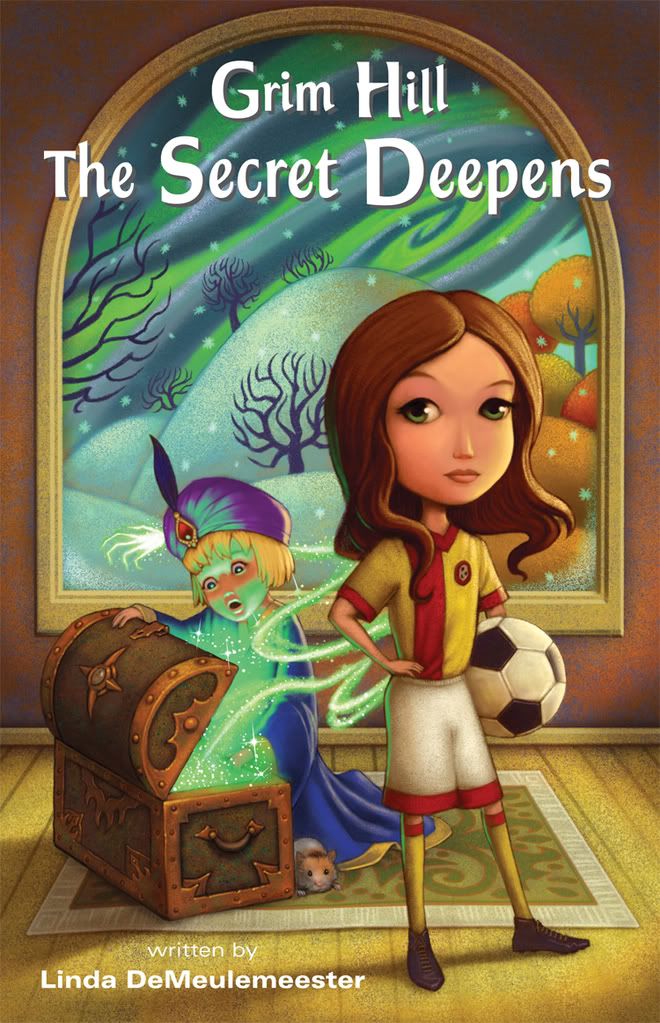
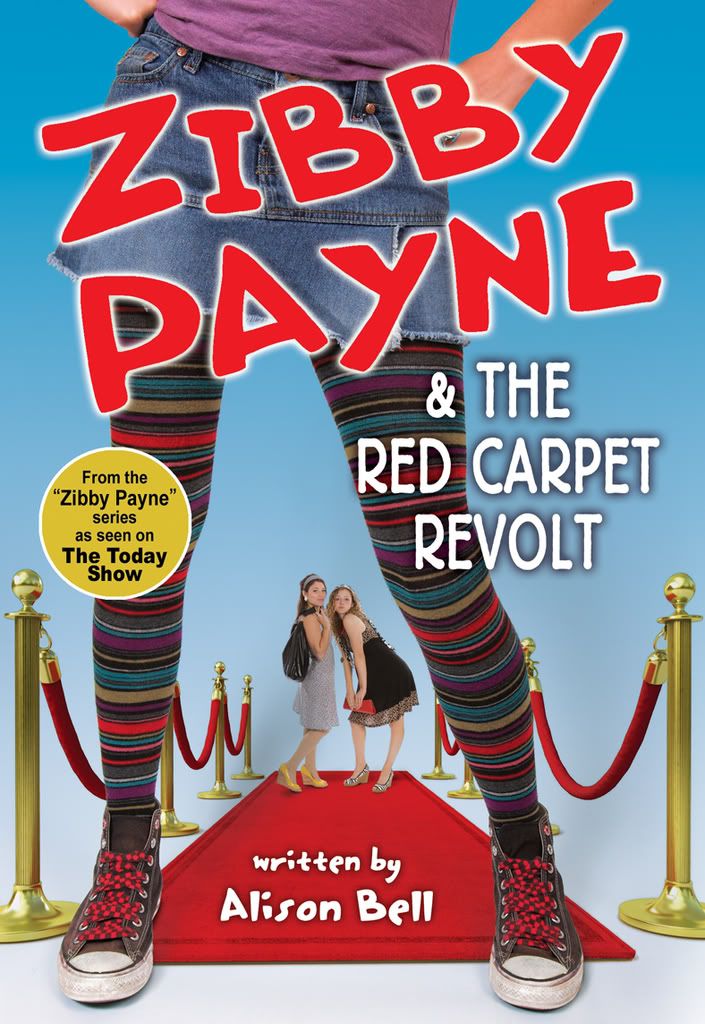
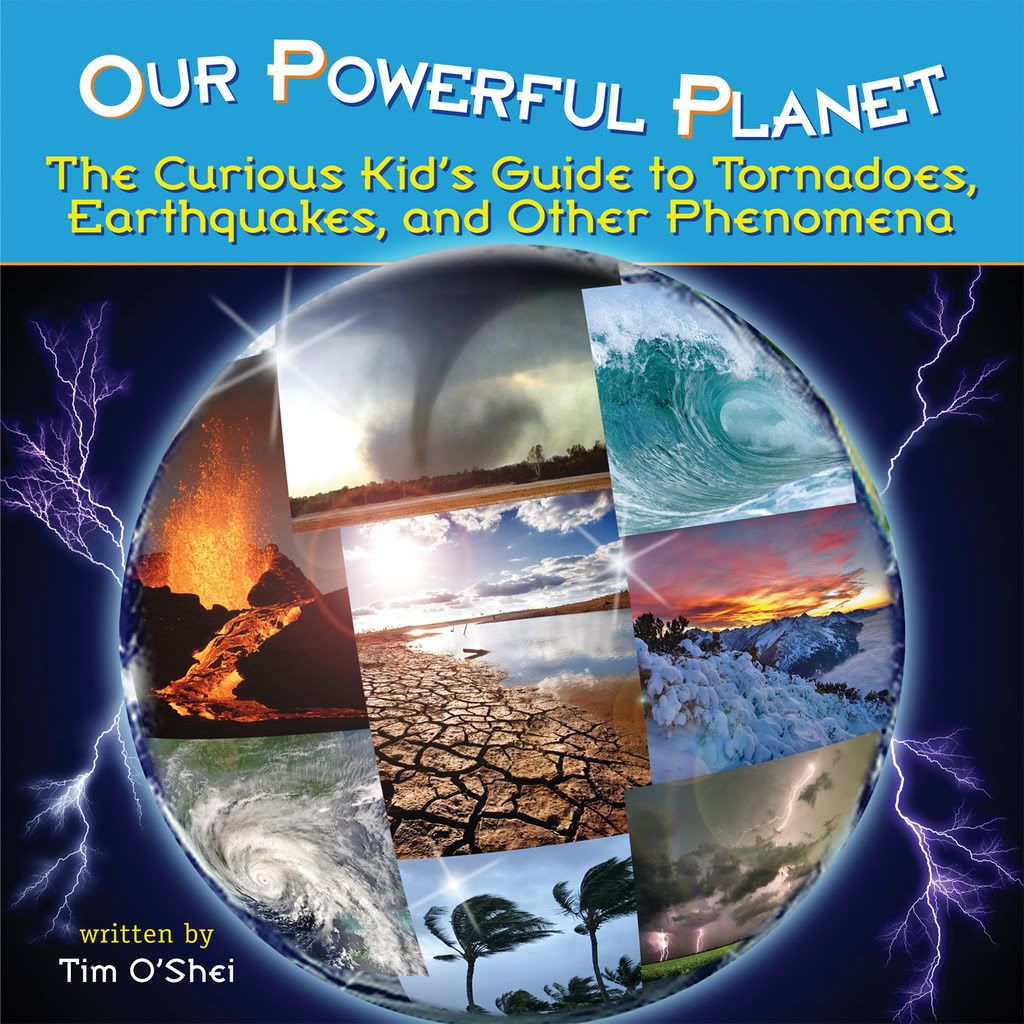
6 comments:
Tony - thanks for doing such a great interview, your students are extremely lucky!
cool but couldn't this interview be bit more exciting and say stuff more interesting?
tvyfbykufyy
oihibijn
kuyerisnr9ginjrgpg
rgnekjvnekrjnqekrvejrf
aofaer8f9ufvher84q934urvuihinevr
urhfdjavairndfjvarvebviuvuivnajdivnap948ai49fifjvnsdivnj
aiuvajdfvbavbijdv vbiuvniuraovbdfvbeourdfvverunviaudauivbduibviu
vhbvivisndfiv
dfvufdviaerfer7f348bvuksfbvwfvsf
uerghbv8743hufndfhvn84nvihrfvruwrunerivifunwiuernuerinviurenrvniriuwenvuierniuenrvuwrvwiourenr
34899348jfjvnfjk894gvinbruusioirubn
_program hacked_
oops sorry didn't mean to broadcast that
oarngvakefawieclekjac402 ckap94249eofkc\
iuefnkjanjorjdheia;r/srksvjfv?aiurinrbvaibkhber
akuyfbbkaebbsjkrfv;srbvssrG:srkubhvrv"Argva'vahfbv,v,agvARRGVAgahbrvlalrgv
j,bgvshiurglbivshbruibghabjlf
_coding bug Deployed_
Post a Comment